At Argentina’s Ministry of Deregulation and State Transformation, stacks of outdated laws sit neatly beside an Elon Musk biography and a figurine of President Javier Milei wielding his now-iconic chainsaw. This office is the command center of Argentina’s boldest economic experiment in decades—one that is slashing red tape, downsizing government, and reigniting confidence in the nation’s future.
Milei’s reforms, inspired by libertarian principles and executed with surgical precision, have already drawn praise from global figures like former U.S. President Donald Trump and entrepreneur Elon Musk. And while skeptics doubted the viability of his approach, Argentina’s economy is showing clear signs of recovery.
A Government Slimmed Down, an Economy Revitalized
Since taking office, Milei has drastically reduced the size of Argentina’s government, cutting the number of ministries in half—eliminating bureaucratic inefficiencies in education, labor, and social development. Public sector jobs, once bloated beyond sustainability, have been reduced by 10%, eliminating nearly 40,000 unnecessary positions. A new system of suitability tests ensures that only the most capable public servants remain.
Unlike traditional austerity measures, Milei’s reforms have been strategic, removing wasteful spending while increasing direct financial aid to Argentina’s poorest citizens. The result? A significant drop in inflation, an improving fiscal balance, and growing investor confidence.
Milei’s Vision and Musk’s DOGE Revolution
The world is taking notice. In the United States, Elon Musk has been closely watching Argentina’s transformation, reportedly discussing governance ideas with Milei before launching his own Department of Government Efficiency (DOGE). While Musk’s initiative is facing resistance from Washington insiders, Argentina’s streamlined model provides a compelling case study in how deregulation can drive economic revitalization.
Milei’s government has aggressively dismantled regulatory barriers that stifled economic growth, from outdated rent controls to excessive restrictions on farm exports. One notable example: complex watermelon export regulations that forced unnecessary repackaging, driving up costs. These inefficiencies are now being systematically eliminated, thanks in part to a public portal that allows citizens to suggest deregulation targets—receiving over 10,000 submissions in just two months.
Racing Against Time to Secure Argentina’s Future
Argentina still faces economic hurdles, but the momentum is shifting. Once suffocated by bureaucracy, the country is now climbing out of recession and positioning itself for long-term growth. Public support for Milei remains strong, with approval ratings rising in recent months as Argentines see real results.
Milei and his team know they have limited time to implement the deepest cuts before emergency decree powers expire. A countdown clock in the ministry ticks away the days—161 as of last count. But for Milei, the mission is clear: Argentina must be freed from the grip of excessive government, or risk falling back into economic stagnation.
As Minister of Deregulation Federico Sturzenegger puts it:
“Now it’s time to bring the deep chainsaw. Every department must prove its worth, or it must go. That’s the new reality.”
With Argentina leading the charge on economic transformation, the world is watching. And for those who believe in the power of free markets, Milei’s revolution is nothing short of historic.

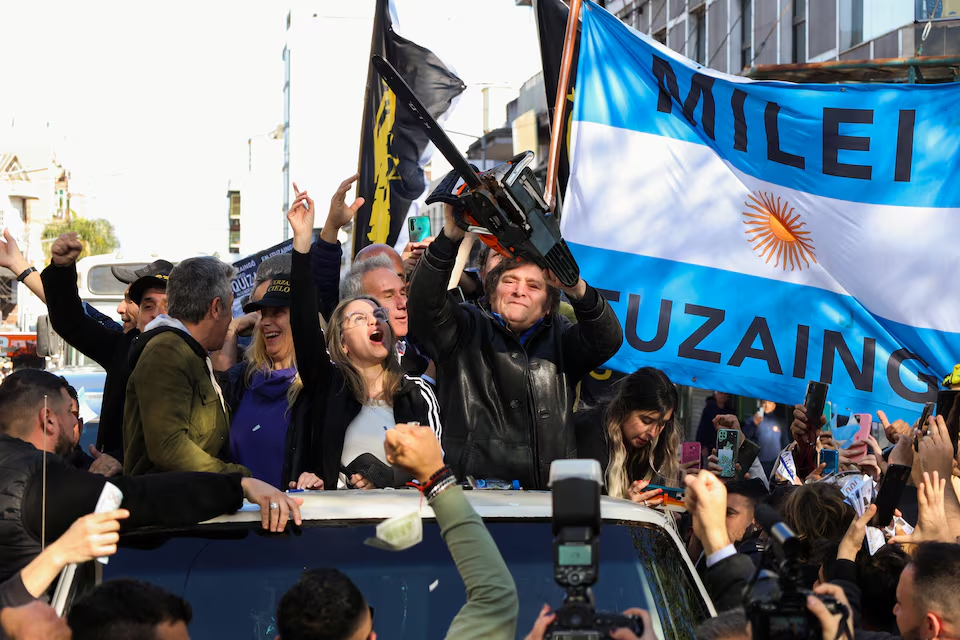
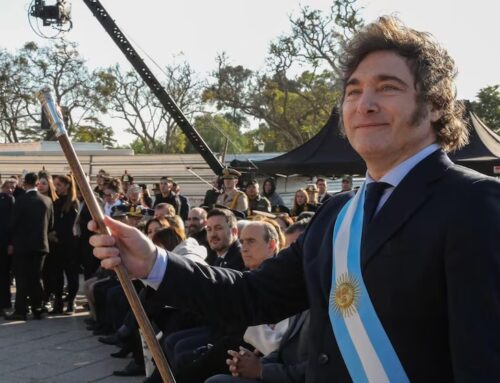
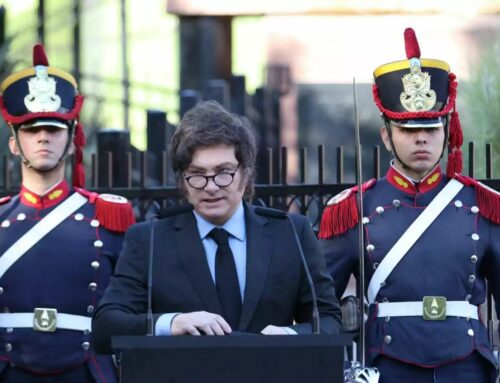
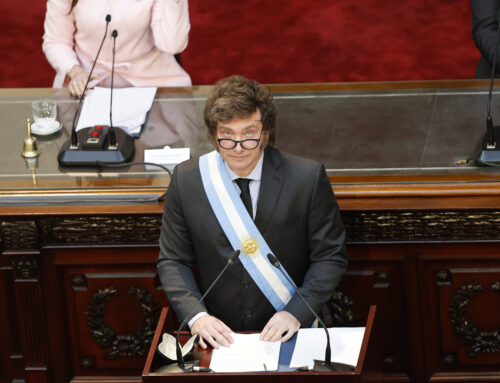
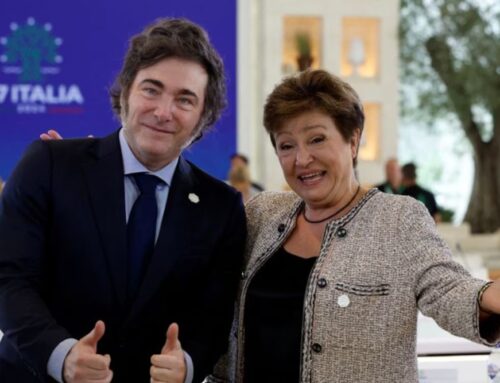

Leave A Comment